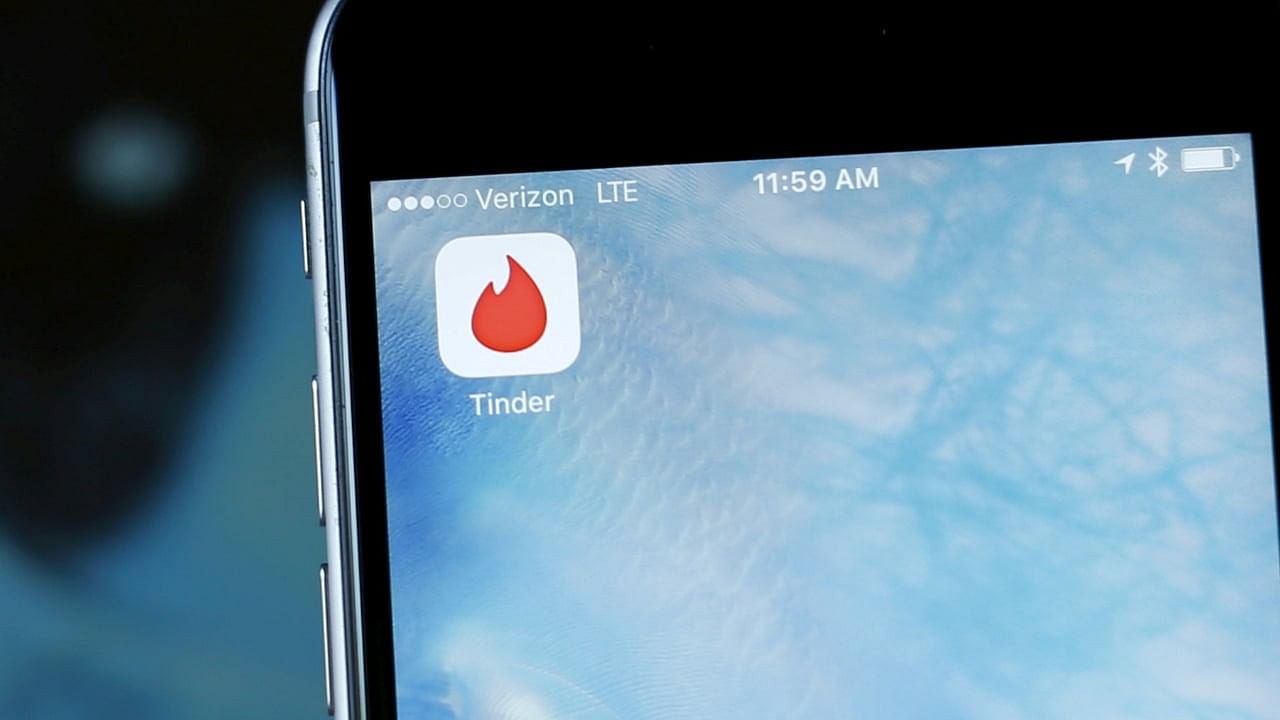
The rates of unmarried Japanese have been rising across every age group.
Credit: Reuters Photo
By Gearoid Reidy
The Tokyo government’s plan to launch its own dating app has attracted mockery online and praise from Elon Musk (which these days often only increases the ridicule).
The announcement, which coincided with the release of latest fertility figures for 2023 that showed a record low, is intended to boost the number of marriages in the capital. In terms of fixing entrenched fertility trends, this idea might not be The One. But don’t swipe left just yet.
The world has at last awakened to the notion that when it comes to the fertility problem, Japan is not an outlier, but a forerunner. But its head start also makes clear that there’s precious little government policy or funding can do to reverse the underlying trend for fewer babies that is now becoming entrenched in almost every developed society. Official efforts seem best spent on the margins, helping those who want to get married or have children but lack the means or opportunity.
That population can be significant. In Japan, marriages and childbirth are closely correlated; around two-thirds of women say being wedded is a pre-requisite to having kids, compared to more than 80% in some European countries who said the opposite, according to an international survey by the Nippon Foundation. One likely factor for the fall in the fertility rate in 2023 was the drop in marriages during the pandemic, as couples postponed plans to wed, or failed to meet at all.
The rates of unmarried Japanese have been rising across every age group. More than 90% of women aged 30-34 were married in 1980, versus 65% now. A Tokyo survey found that two-thirds of those who weren’t married wanted to wed one day; but nearly 70% of people weren’t making any particular effort to find a partner, such as using dating apps.
Like other social woes, there’s a role for governments to help fix this. Of course, Japan has plenty of dating apps already, from the likes of Pairs or With, which aim to help people find long-term relationships, to the more familiar foreign-owned services aimed at flings, such as Tinder.
Governments don’t have the same conflict of interest as commercial dating apps, where a successful relationship removes you from the dating pool, eliminates you as a customer and forces companies to spend more on attracting new users to replace you. That’s one reason the apps are losing steam, with the market cap of Tinder and Bumble-owner Match Group Inc. (which also owns the operator of Japan’s Pairs) down more than 80% from its peak.
And while many outside the country expressed surprise that among the requirements for the official app were proof of salary and family registers, this is far from unusual. Other apps, such as Tokyo Calendar Date (a spin-off from a popular magazine promoting high-end lifestyles) in fact make such verification a USP, to help avoid scammers and other time-wasters.
Tokyo’s app is far from the first government involvement in the dating scene — it’s merely one for the digital age. For decades, local authorities across the country have been involved in promoting marriage, from running introductions to holding dating events. Ishikawa prefecture, located some 300 kilometers northwest of Tokyo, is one such example and says that to date it has paired 1,266 couples through its marriage promotion department.
In many ways, the government is taking the once-common role of matchmaker. In the prewar era, arranged marriages known as o-miai were how most couples paired off. A go-between, or nakoudo, often a relative but sometimes just a neighborhood glad-hander, would review the backgrounds of eligible singles and make arrangements for meetups of likely matches and their families. The practice has been steadily falling out of popularity since the end of World War II, replaced by so-called marriages of love, where the partners choose each other. But that system is under threat, too: Workplaces were once the most common venues to meet potential future partners, but as elsewhere, a new era of social norms post-MeToo has made the office increasingly off-limits.
Can the government find a niche here? Authorities already operate side-by-side with the private sector in providing many public goods, with the Tokyo government both competing and complementing companies in providing bus and subway services or private and public education. From preschool to the grave, the government is deeply involved in your life. Should it not also be part of perhaps your biggest decision? Besides, the 300 million yen ($1.9 million) Tokyo will spend on its marriage support division this year, which includes the app, is but a fraction of its $3.6 billion total support for childbirth and child-rearing across the capital of 14 million people.
Whatever the outcome, it’s worth watching as awareness grows that falling fertility isn’t isolated to East Asian nations, and can’t simply be legislated away. Skepticism around Tokyo’s latest attempt to make more couples might be justified — and let’s face it, it probably won’t work out. Then again, most relationships don’t. But they’re still worth trying.